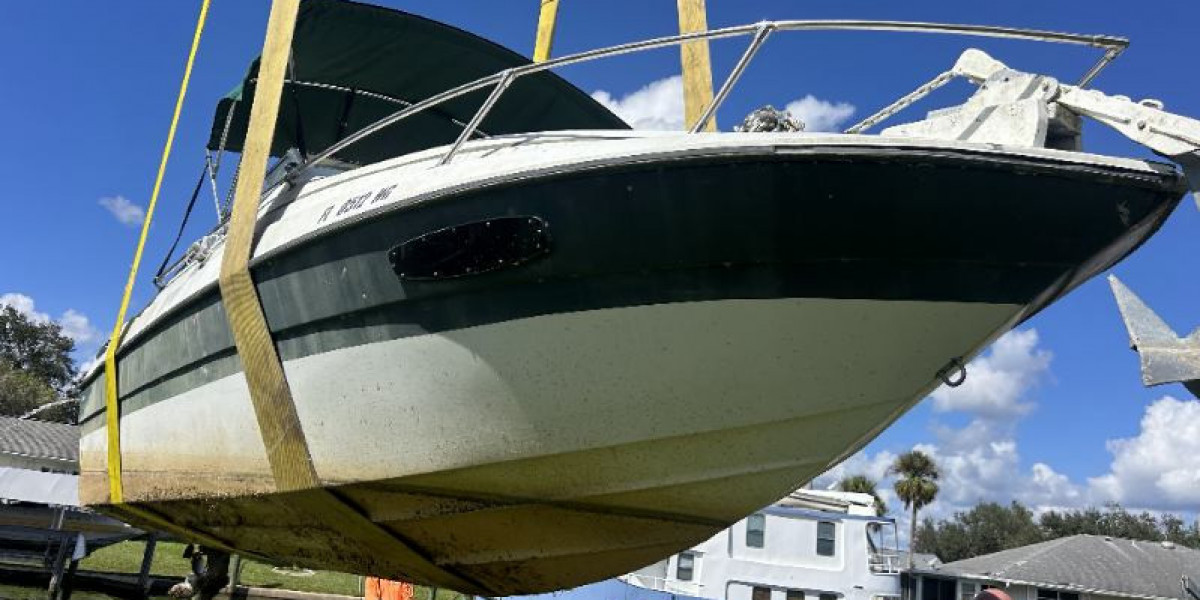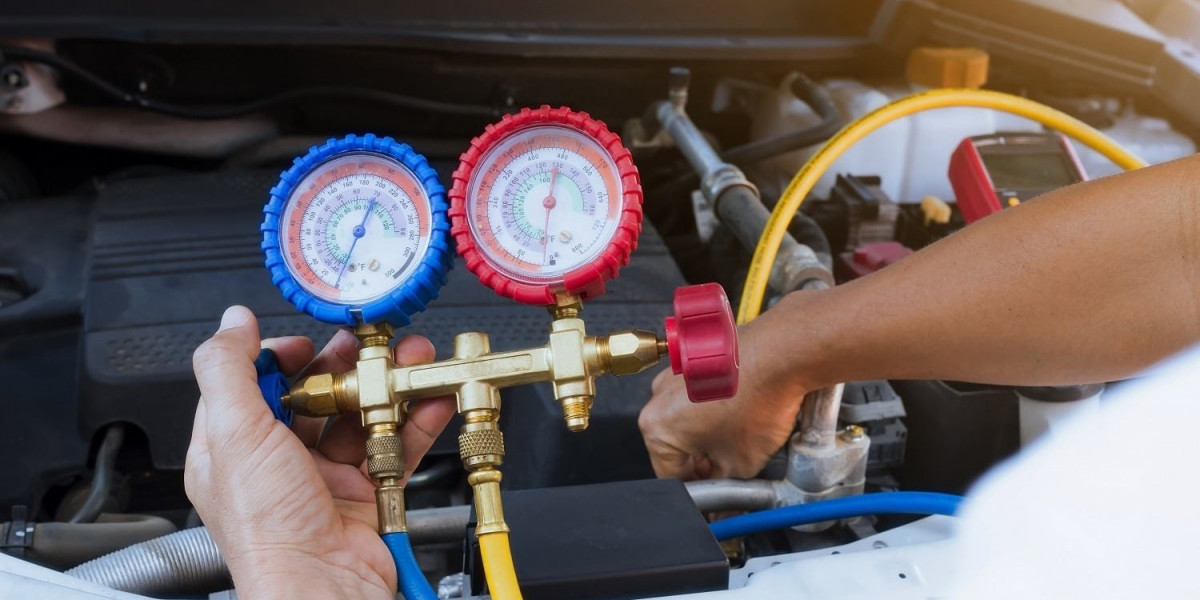Owning a boat brings joy and adventure, but there comes a time when even the most cherished vessel reaches the end of its life. Whether it's due to age, damage, or upgrading to a new boat, understanding how to get rid of an old boat responsibly is crucial. Alongside this, boat moving services play a vital role in relocating vessels safely and efficiently.
In this blog, we’ll explore practical ways to dispose of an old boat, the importance of professional boat moving services, and how these two activities often go hand in hand.
When It's Time to Say Goodbye to Your Boat
Deciding to part with your boat can be emotional, but keeping an inoperable or unwanted vessel can lead to increased costs, environmental risks, and potential legal penalties.
Signs It's Time to Get Rid of Your Boat:
Extensive Repairs Needed: If repair costs exceed the boat’s value, disposal might be the best option.
Upgrading to a New Model: Selling or donating your old boat can offset the cost of a new purchase.
Lack of Use: If the boat sits unused for years, it may be time to let it go.
Environmental Concerns: An abandoned or neglected boat can pollute waterways and harm marine life.
How to Get Rid of an Old Boat
There are several ways to responsibly dispose of an old boat. The method you choose will depend on the boat’s condition, size, and materials.
1. Sell the Boat
If your boat is still operational, selling it is a great option. You can list it online, at a marina, or through a broker. Even if it requires minor repairs, there may be buyers interested in refurbishing it.
2. Donate the Boat
Many charitable organizations accept boat donations, often using the proceeds for good causes. In addition, donating your boat may provide a tax deduction.
3. Trade It In
If you’re upgrading to a new boat, some dealerships offer trade-in options. They’ll take your old vessel and reduce the price of your new purchase.
4. Recycle the Boat
For boats that are beyond repair, recycling is an eco-friendly option.
Metal Parts: Scrap yards often accept aluminum and steel parts.
Fiberglass Hulls: Some facilities specialize in grinding fiberglass for reuse in construction materials.
5. Hire a Professional Disposal Service
Boat removal companies specialize in dismantling and disposing of old boats. They handle transportation, hazardous material removal, and proper disposal, ensuring compliance with local regulations.
6. Artificial Reef Program
In some regions, old boats can be repurposed as artificial reefs. This option requires permits and environmental inspections to ensure the boat is safe for marine life.
Avoid These Common Mistakes When Disposing of a Boat
Abandoning the Boat: Leaving a boat on public property or in waterways is illegal and harmful to the environment.
Improper Hazardous Material Disposal: Batteries, fuel, and oil must be disposed of at certified facilities to avoid fines and environmental damage.
Skipping De-registration: Always notify your local boating authority to cancel your registration and avoid liability issues.
Understanding Boat Moving Services
Boat moving is a specialized service designed to transport vessels from one location to another. Whether relocating to a new dock, moving across the country, or delivering a newly purchased boat, professional movers ensure the process is smooth and safe.
When Do You Need Boat Moving Services?
Relocation: Moving your boat to a new marina or storage facility.
Seasonal Transport: Taking your boat inland during hurricane season or relocating for winter storage.
Buying or Selling: Delivering a purchased boat to the buyer or transporting a sold boat to its new owner.
Repairs: Transporting a boat to a repair facility or shipyard.
How Boat Moving Services Work
Professional boat movers use specialized trailers, equipment, and techniques to ensure safe transport. Here's an overview of the process:
Assessment and Planning
The service provider evaluates the boat’s size, weight, and condition.
They plan the best route and obtain necessary permits for oversized loads.
Preparation
Boats are prepped by draining fluids, securing loose items, and in some cases, removing parts like masts or antennas.
Transport
Depending on the destination, the boat is transported by road or water. Specialized trailers ensure stability and safety during the journey.
Delivery
The boat is delivered to the specified location, whether it's a marina, storage facility, or private dock.
The Connection Between Boat Moving and Disposal
If you’re disposing of an old boat, you may need professional movers to transport it to a disposal facility, recycling center, or artificial reef location. Similarly, when selling or donating a boat, boat movers can handle delivery to the buyer or recipient.
By combining boat moving and disposal services, you can streamline the process and ensure everything is handled professionally and responsibly.
Choosing the Right Service Provider
For Boat Disposal:
Experience: Look for providers familiar with eco-friendly and compliant disposal methods.
Environmental Practices: Choose companies that prioritize recycling and minimal environmental impact.
Cost Transparency: Request a detailed quote to avoid unexpected fees.
For Boat Moving:
Insurance Coverage: Ensure the company is insured to cover potential damages during transport.
Equipment and Expertise: Verify they have the tools and knowledge to handle your boat’s size and type.
Reputation: Read reviews or ask for recommendations from fellow boaters.
The Environmental Impact of Responsible Practices
Improper disposal and transport of boats can harm marine ecosystems. Abandoned boats leak harmful chemicals, obstruct waterways, and disrupt wildlife. By partnering with eco-conscious professionals, you can minimize environmental risks and contribute to the health of our waterways.
Conclusion
Knowing how to get rid of an old boat and when to hire boat moving services is essential for responsible boat ownership. Whether you’re retiring an old vessel or relocating to a new destination, proper planning ensures a smooth, stress-free experience.
By disposing of your boat responsibly and using professional movers for transport, you protect the environment, comply with regulations, and enjoy peace of mind knowing your boat is in good hands.









